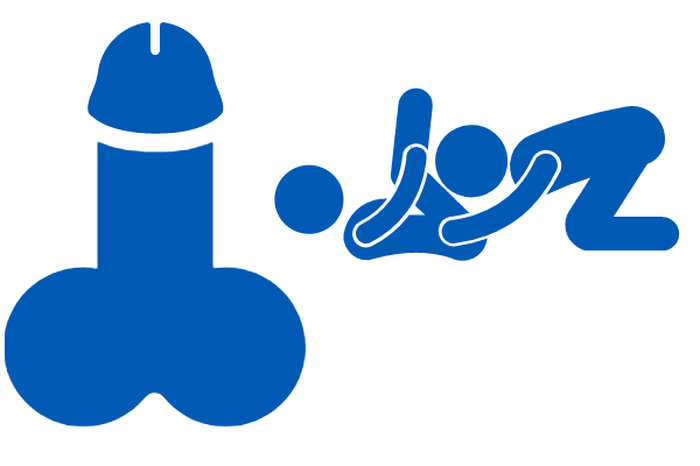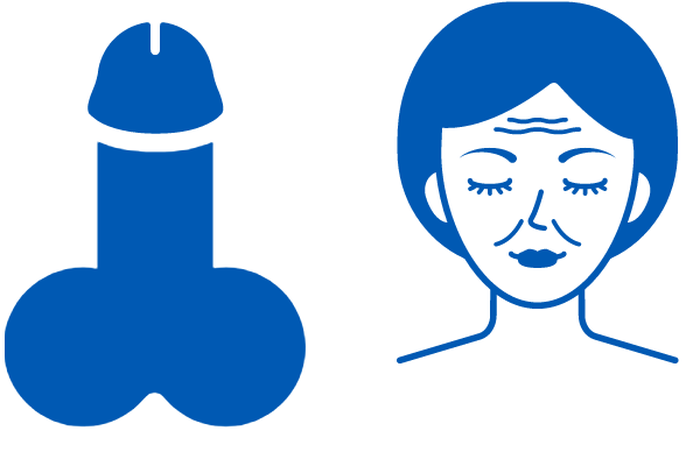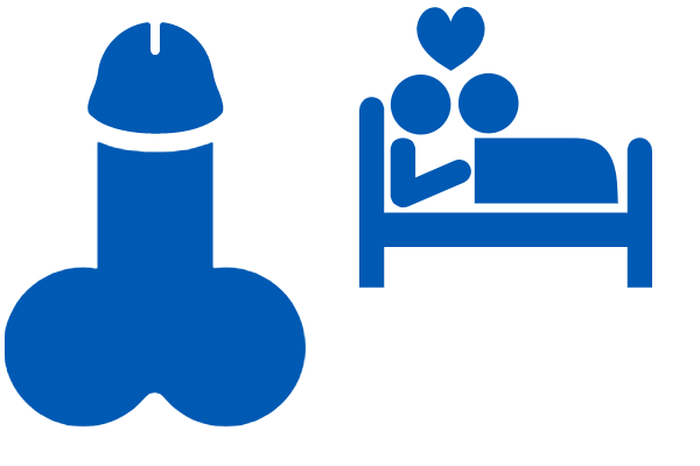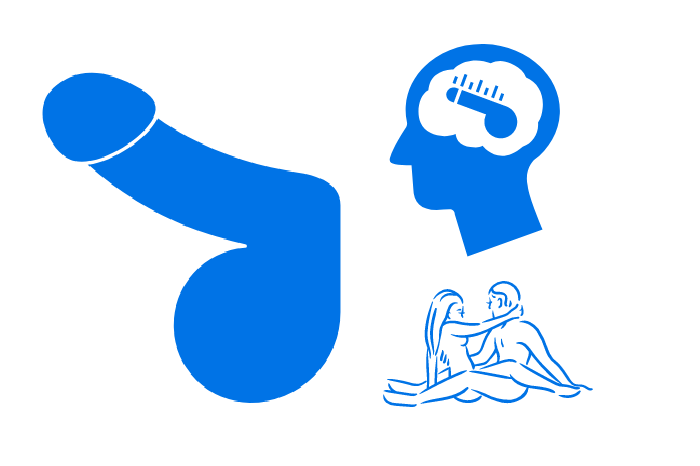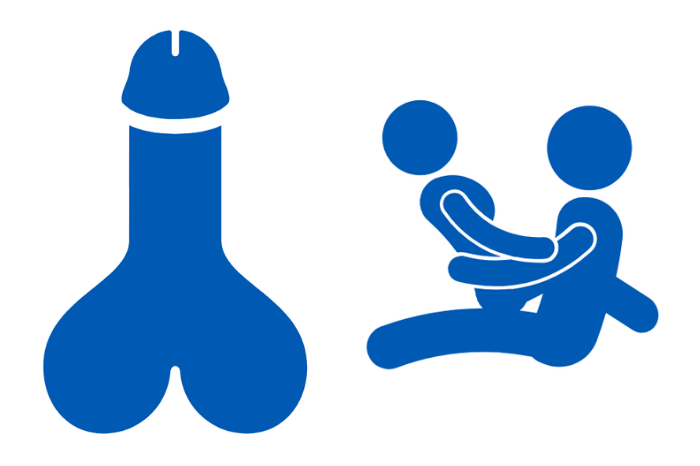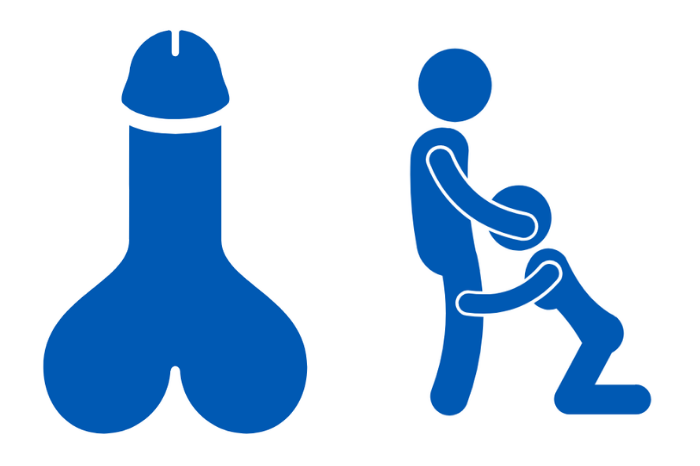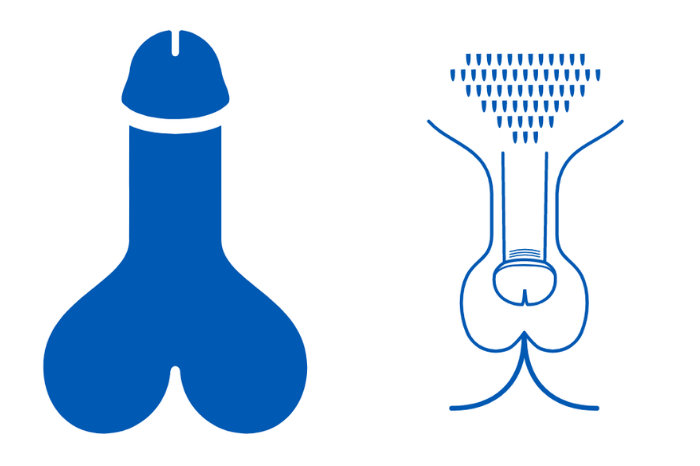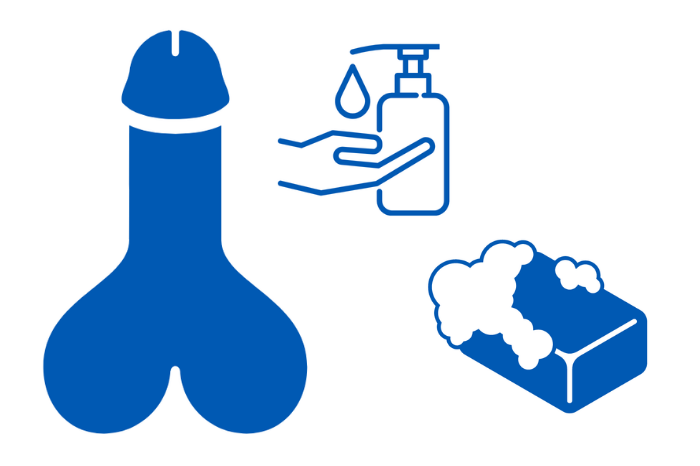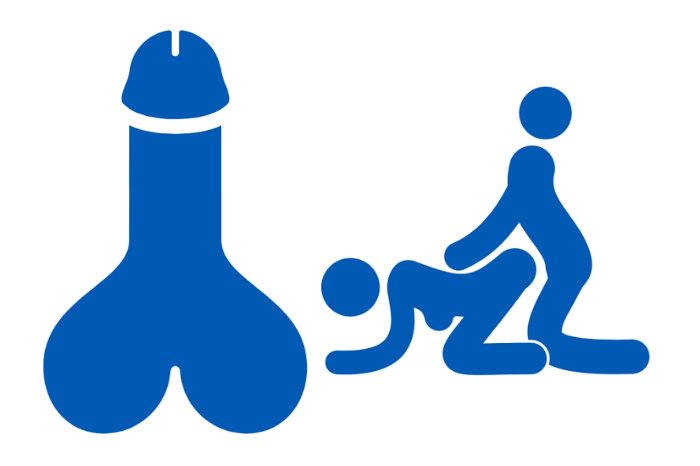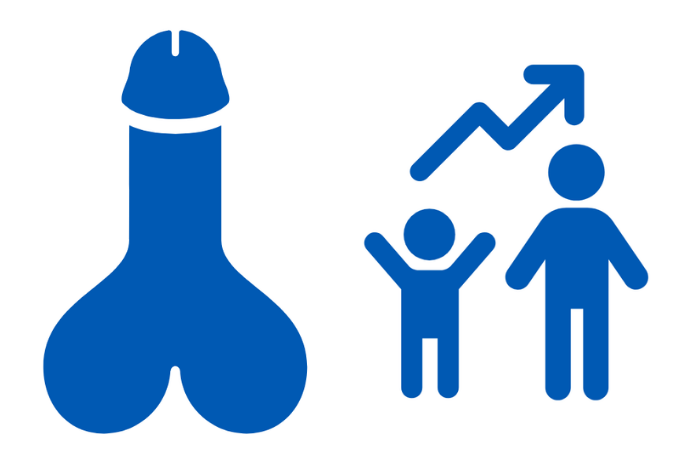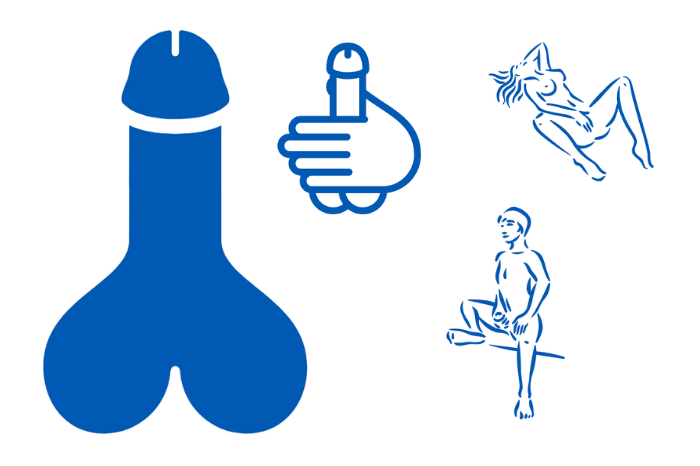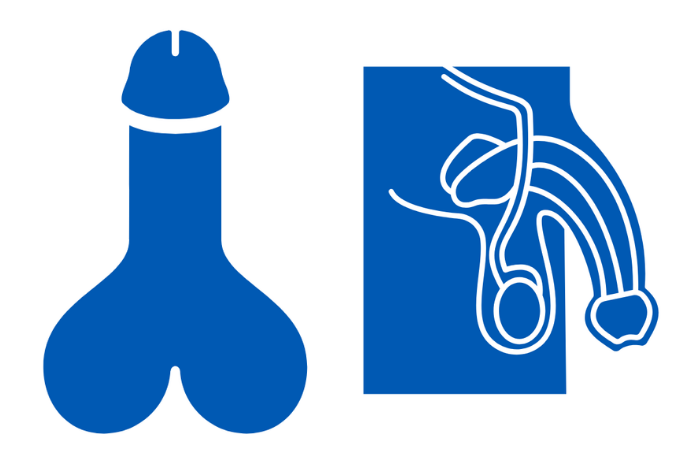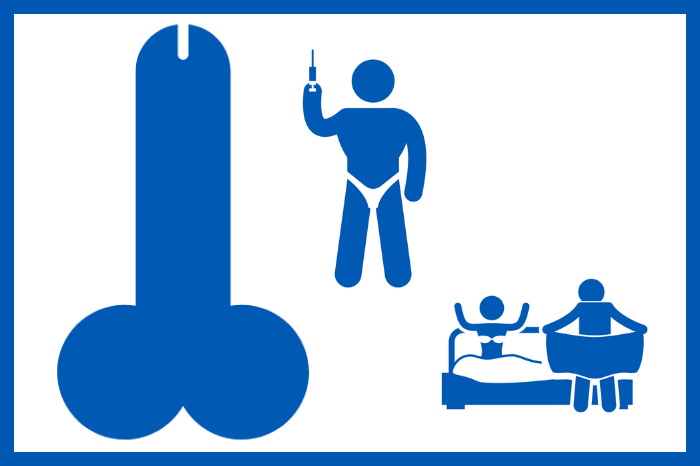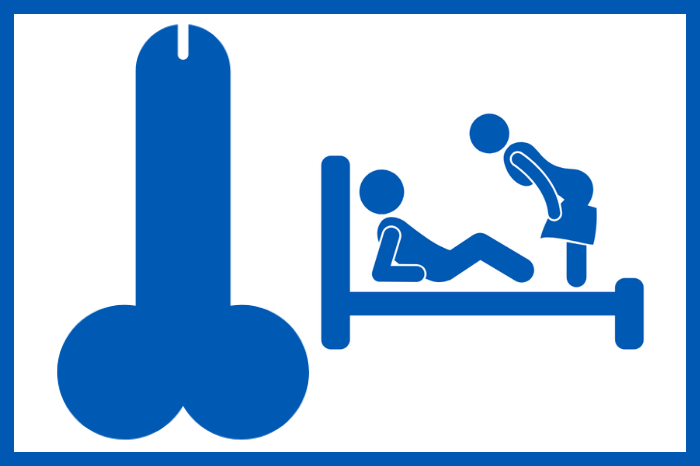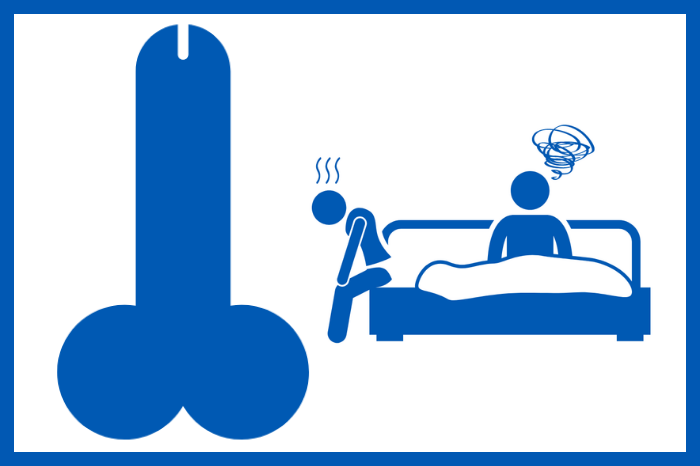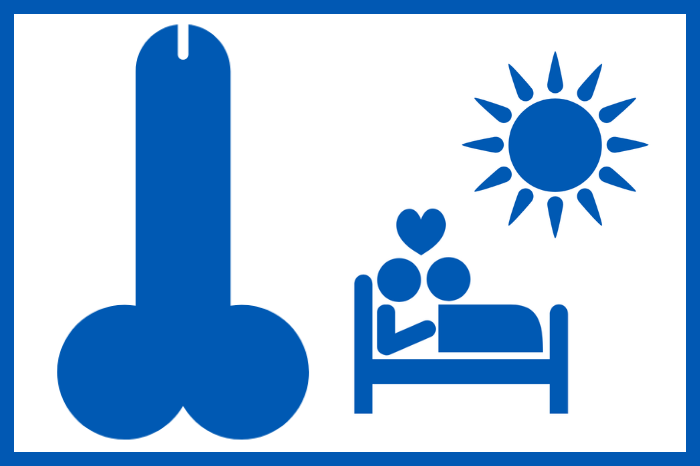A Men's Guide to Making a Good Impression
You've heard it before: "the first impression is the last one". Seems kind of unfair, doesn't it? The moment you meet someone is a small sample of your day and an even smaller sample of who you really are.
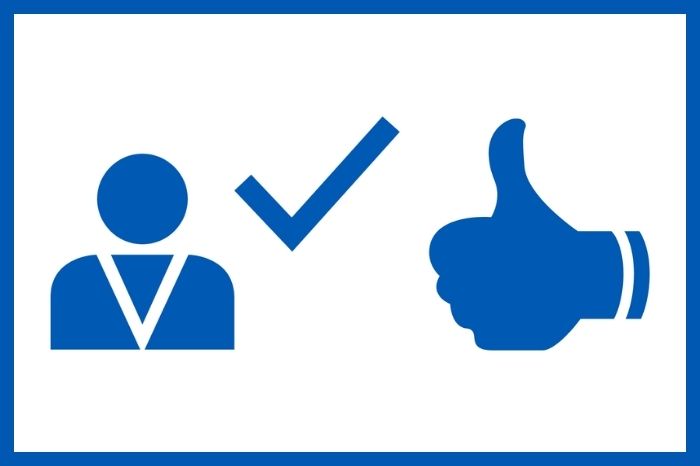
It might not be your best time when you meet someone. It's you, but it's not really you at your best. But for that person you're meeting, that little snippet of you is 100% of what they know about you. And unfortunately, this can have a lasting effect.
For some reason, humans are programmed to maintain first impressions.
According to Olivia Fox Cabane in the book "The Charisma Myth", the author shows that we have a choice between changing our mind about something or trying to find evidence that there is no reason to change our mind. We gravitate towards evidence.
Once we make a judgment about someone, everything else is filtered through that lens. If you make a bad first impression, it's not that you can't bounce back. It's just a harder battle to reverse.
What to do to make a good impression
The obvious answer might be: do your best. But this is very vague. It may be partially true, but there is more to it than that.
When we meet a person for the first time, we are communicating with them on different levels. Know the 3 principles of communication to make a good first impression.
Practice your non-verbal communication
First, there is non-verbal communication. What you say without saying anything. There are a few different dimensions of non-verbal communication. In essence, you want to make sure that they are all working for you and not against you.
It's not fair, but it's true. People judge others based on appearance. How are you dressed is not about wearing expensive clothes, but it looks like you take care of yourself? Are you proud of your appearance? Is your hair combed? Is your clothing intentional and fits the environment?
If you show up to a networking event in ripped jeans and a Teenage Mutant Ninja Turtles t-shirt, you'll give off a much different vibe than if you wore a tailored suit to the same event.
Then there's body language - and that's huge. If you have bad posture, are hunched over, sloppy, or appear closed off, it will show. Maybe not on a conscious level, but subconsciously people notice.
Whether you know it or not, you're sending the message that you lack confidence, that you're uncomfortable in your own skin, or that you're not happy to be there.
Why not take the opposite approach? Make your body language represent the best version of you. Stand tall, pull your shoulders back, contract your stomach, and walk confidently.
Not only does this send a more positive message to people, as Amy Cuddy's research shows, it can also send a more positive internal message to yourself, improving your cortisol and testosterone levels, which ultimately gives you more trust.
Then there is your energy. You are smiling? Are you making eye contact? Or do you seem distant and distracted?
Do you seem like a friendly person who would be open to chatting with someone? Or do you have that irritated look of sand in your underwear?
Which of these options will make you seem more receptive to talking?
In social situations, no matter how confident people are, no one wants to be judged or rejected. Everyone wants to be accepted.
If you can make it clear that it's a "welcoming environment," it will increase your ability to make a good first impression with strangers.
The final – and very important – part of non-verbal communication is your handshake. What does that say about you?
Is it a handshake that says "I don't have confidence and I'm not very interested in meeting you"? Or is it the other extreme that says "Because of my many and deeply rooted insecurities, I feel compelled to demonstrate my strength by trying to crush your knuckles with my super strong grip"?
No, you don't want any of those. You want something in between: firm but measured. Your handshake should say "I'm a confident man and I'm excited to meet you and learn more about you."
Focus on verbal communication
The other main component of a good first impression is verbal communication - what you actually say.
In the book Chatter, Patrick King says that the first verbal impression consists of the first 10 to 20 words that come out of your mouth.
Whether this is true is difficult to say. I think it depends on the conversation. The important thing is that when you meet someone, the first things you talk about - and how you talk about them - will shape how that person perceives you... possibly for a long time.
When you meet someone for the first time, there will be an entry-level "get to know you" conversation. Whether you're a fan of small talk or not, it's just a fact of life. The other person is likely to ask you questions about what you do at work, where you're from, what you do for fun, etc.
Instead of responding by dryly recounting facts about who you are, Patricks says you should think of your life in terms of "mini-stories."
Are you much more memorable if you attach a colorful anecdote to every aspect of who you are?
Instead of saying "I'm an accountant", you can say "I'm an accountant and an outspoken math geek. In fact, I loved doing math so much as a kid that instead of wanting a BMX bike for my 7th birthday , I insisted that my parents use this money to send me to math camp."
Having a few unique snacks like this prepared in advance can help you stand out and make a memorable first impression. Adding personal details like this can also help build a relationship with someone you've just met, as it gives that person something to hold on to, possibly a common interest or passion.
At the very least, a humorous or harrowing story can help break the ice.
learn to listen
Being able to talk about yourself in an interesting way is great. But even more important is learning to be a great listener.
In any interaction, most people don't really care if you're rich or poor, tall or short, or if you have an IQ of 180. They just want to feel valued and appreciated.
As Maya Angelou said, "...people will forget what you said, they will forget what you did, but they will never forget how you made them feel."
So yes, you want to do your best and be interesting. But the other person's experience of talking to you is really more about them. That's where being a good listener comes in. Listening - really actively listening - shows that you are fully present and value the other person.
The amazing thing is how much it improves their impression of you. Even if you tell them almost nothing about yourself, giving them your full attention can make you memorable in people's eyes.
One of my favorite stories about this is from Dale Carnegie's book, "How to Win Friends and Influence People". Carnegie talks about how one night he went to a dinner party and found himself sitting next to a botanist. Being the great conversationalist that he was, Carnegie immediately began asking the botanist about his work. The botanist continually talked about plant biology, etc.
Instead of changing the subject to something he knew more about, Carnegie found a way to be genuinely interested and kept asking the botanist to tell him more about this profession.
At the end of the night, the botanist told the host that Dale was "a very interesting person" and an incredible conversationalist. The funny thing was, Dale had barely said a word all night. That's the power of being a great listener.
Conclusion
Even if it doesn't seem fair, the old adage that "First impression is what stays" is true: you don't get a second chance to make a good first impression. Once people make an initial assessment of you, they continue to see you through that lens.
So when making a first impression, you should strive to be the person you want others to remember.
That means taking stock of all the things you say without saying anything... to make sure they work for you, not against you.
It also means becoming a better conversationalist, which probably means 30% about learning how to tell your story in a more interesting way and 70% about becoming genuinely interested in hearing other people's stories.
